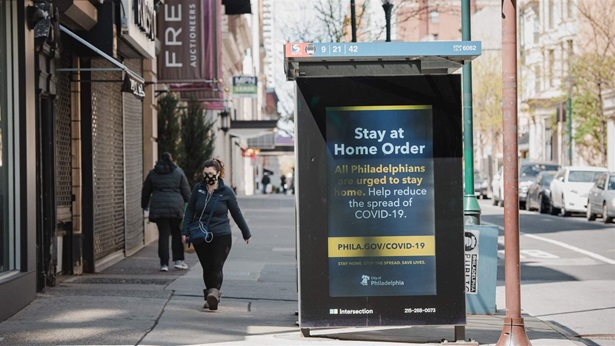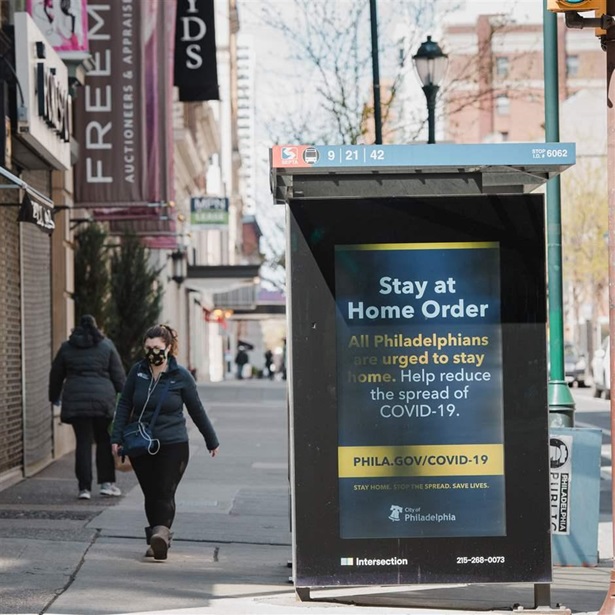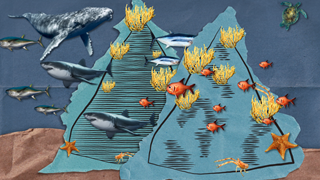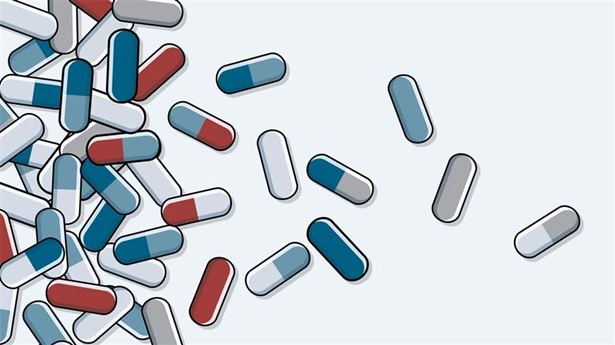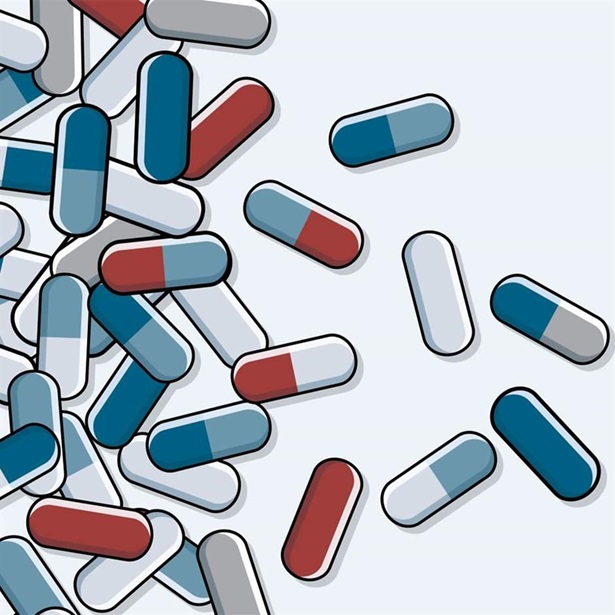Pew Announces Nearly $3.2M to Support Equitable Health, Education Outcomes and Policies as Philadelphia Begins Pandemic Recovery
Additional $300K allocated to help restore and improve a vital public space along the Schuylkill River
PHILADELPHIA—The Pew Charitable Trusts announced today that it has awarded a total of almost $3.5 million in new grants in its ongoing commitment to help Philadelphia-area residents and organizations as the region recovers from the impacts of COVID-19. The awards include approximately $3.2 million to help three nonprofits achieve more equitable health and education outcomes for low-income adults and children, plus $300,000 to strengthen the nation’s oldest surviving botanical garden and enhance its community-led programs and opportunities for residents of nearby Southwest Philadelphia.
Pew’s newest grantees are as follows:
- Metropolitan Area Neighborhood Nutrition Alliance (MANNA) has been awarded the Pew Fund for Health and Human Services’ second-ever growth grant, totaling $2 million over five years, to help the organization expand the number of chronically ill individuals receiving medically tailored meals and nutrition counseling to improve health outcomes and overall quality of life. Proper nutrition is critical to helping patients heal, especially those with serious illnesses such as cancer, HIV/AIDS, diabetes, and renal disease; and data shows that access to therapeutic nutrition and education can significantly reduce health care costs and hospitalizations. Pew’s growth grants are large, flexible, long-term investments designed to strengthen an organization’s ability to expand its services and enhance effectiveness. This support will help MANNA develop a strategy to increase by 50% the number of Philadelphia-area residents it serves by the end of five years, with a focus on identifying and increasing outreach to underserved communities.
- Children’s Hospital of Philadelphia PolicyLab has received $1 million over four years to support PolicyLab’s continued efforts to inform effective national and local policies and practices that achieve equitable and optimal health outcomes for children and adolescents. Specifically, Pew’s funding will help PolicyLab conduct research and promote universal health insurance for children and families, explore and address ways COVID-19 has affected racial disparities in health outcomes for children and families, and promote intergenerational programs and policies that recognize that the health of children is directly connected to their caregivers’ physical, mental, and social well-being. It will also help PolicyLab provide guidance to higher education leaders regarding effective vaccine policies for colleges and universities and examine ways that pediatric health systems can optimize preventive care for women, especially women of color, before and after they give birth, highlighting the importance of maintaining insurance coverage during the postpartum period.
- Springboard Collaborative has been awarded a Pew Fund venture grant totaling $180,000 over two years to help the organization improve student literacy and combat learning losses exacerbated by school closures during the pandemic. Venture grants are designed to fill a service gap or emerging need for an underserved population. Pew’s support will help bring the Springboard Learning Accelerator program—which has had success in Detroit, New York, and other cities—to more schools in low-income Philadelphia neighborhoods. The approach, which can be implemented remotely or in person, actively engages parents and teachers to help set and achieve measurable reading goals for students in kindergarten through third grade.
- Bartram’s Garden has been awarded $300,000 over two years to support restoring, maintaining, and improving the garden’s 50 acres after unprecedented use during the COVID-19 pandemic. Key projects include upgrading public areas, benches, and other visitor amenities; enhancing recreational and educational activities such as public boating; and continuing to work with Southwest Philadelphia community leaders to spotlight the priorities and talents of local residents through targeted programs, investments, and paid youth development opportunities.
“With these latest grants, The Pew Charitable Trusts is pleased to continue to help the Philadelphia region and its residents move toward recovery from the health and economic impacts of the pandemic,” said Frazierita Klasen, the senior vice president leading Pew’s work in Philadelphia. “All four grantee organizations are providing critical programs and resources that will enhance the well-being and overall quality of life for Philadelphians from a range of ages, backgrounds, and neighborhoods.”
“Adults and children across our region have long experienced disparities in health and educational outcomes, and COVID-19 has provided a stark reminder of the need to work toward meaningful and equitable change,” said Kristin Romens, project director of the Pew Fund for Health and Human Services in Philadelphia. “The Pew Fund is pleased to award our second-ever growth grant to MANNA to support its critical role in ensuring that more low-income, chronically ill patients have access to the nutrition they need to achieve optimal health and well-being. We’re also pleased to provide a new venture grant to Springboard Collaborative to improve local literacy and education outcomes, and to CHOP’s PolicyLab for its continued efforts to inform equitable health policies and programs for children and adolescents.”
For more information on Pew’s support for Philadelphia-area residents and organizations during the pandemic, and for the city as it seeks to achieve an inclusive recovery.
###
The Pew Charitable Trusts is committed to helping Philadelphia by informing discussion on important policy issues facing the city, encouraging a thriving arts and cultural community, supporting the health and welfare of the region’s most vulnerable populations, and pursuing civic initiatives to strengthen the area’s appeal to residents and visitors alike. Learn more at pewtrusts.org/en/projects/supporting-the-greater-philadelphia-area
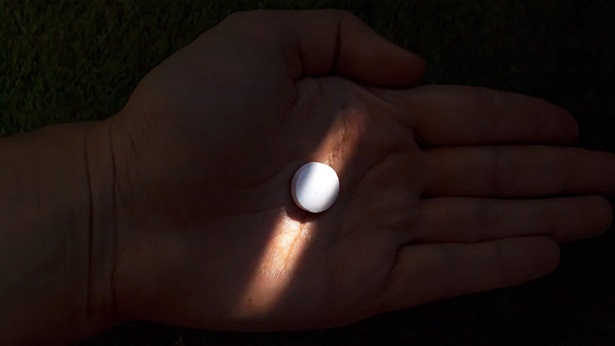

America’s Overdose Crisis
Sign up for our five-email course explaining the overdose crisis in America, the state of treatment access, and ways to improve care
Sign up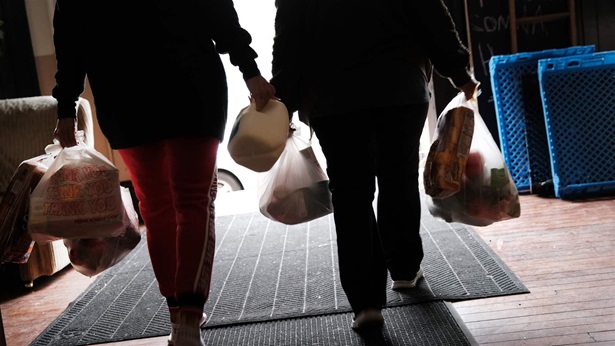
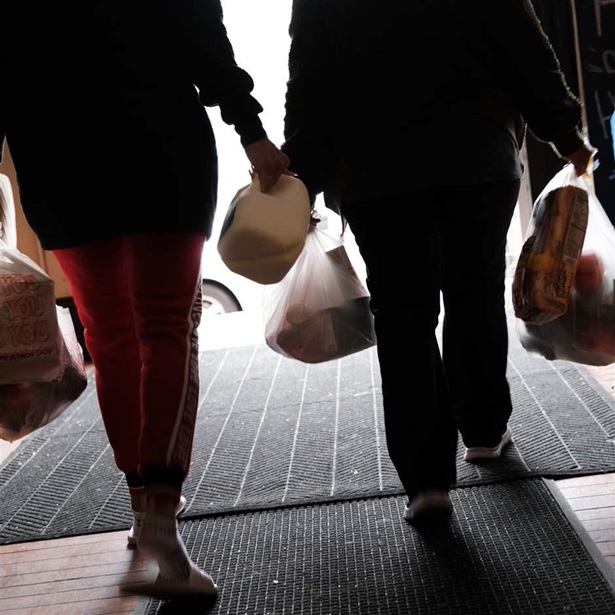
Pew Awards $5.41 Million to Five Philadelphia Nonprofits
